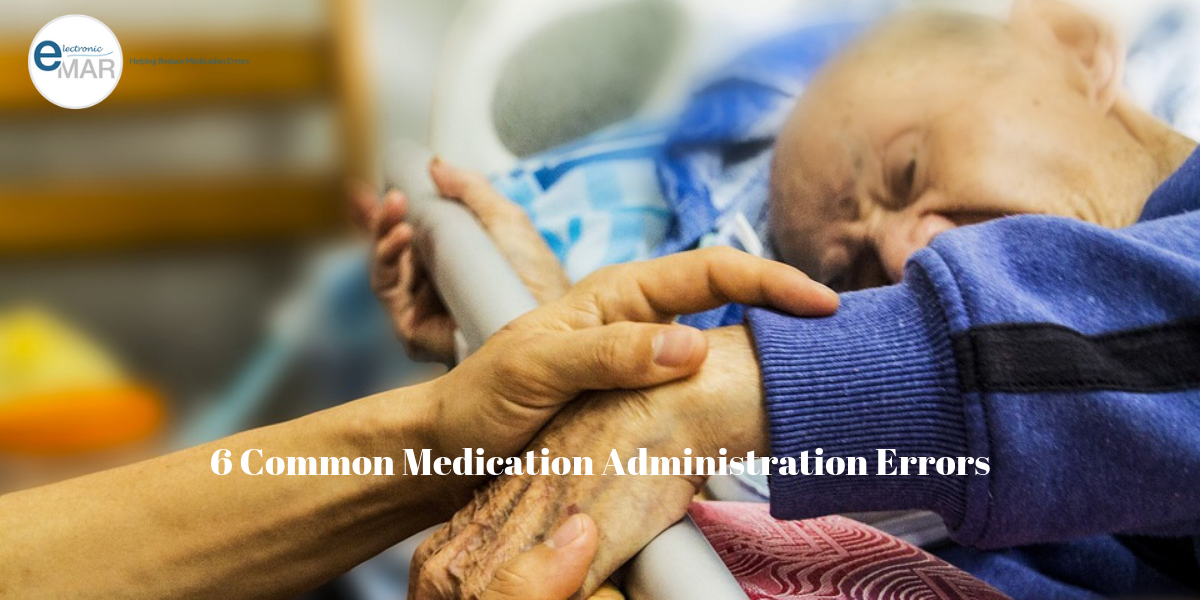Working in a care home can be a demanding job. Overwhelmed by a number of responsibilities, one can make different errors. And one such error is medication administration error. Administering medications is one task that affects the health of the resident directly. However, due to lack of drug knowledge, overwriting or other causes, care home staff often make medication administration errors. By automating medication administration in your care home, you can reduce the risk of medication errors.
Switch to eMAR to reduce the medication administration errors
If you are running a elderly home care which is still using paper MAR sheets, it’s time to let eMAR help you save your valuable time. Paper MAR sheets require double checking, counting medications, and retraining staff when dosages change. By switching to digital medical administration record sheet, you can reduce the risk of medication errors and save staff time. If you are running a care home in the UK, to book a demo with us today visit https://www.electronicmar.co.uk/book-a-demo/.
Here are 6 common medication administration errors that your care home should avoid making:
- Lack of knowledge about drug interaction: Different drugs interact with each other differently. This is why some medicines are not prescribed along with others. However, a lack of knowledge about drug-drug interaction can have a serious consequence. Whenever a new medicine is prescribed, the nursing staff must either check or bring to the doctor’s notice the existing medicines that the resident is taking. An overall review of medication can help avoid this problem.
- Dosage error: This usually happens when either a doctor prescribes a new medicine or asks to stop the old one. For instance, a doctor may have suggested stopping a particular medicine for a particular problem. However, the resident may require that dosage for another ailment. This confusion can result in either overdose or underdose.
- Overwriting: This is one of the common mistakes that happen when the nursing staff is still using paper medication administration. But these changes should be legible and comprehensive, because rewriting and overwriting can cause confusion.
- Poor communication with doctors: Sometimes medication errors stem from poor communication among the nursing staff and the doctors. This can involve messy handwriting, ambiguous abbreviations, and confusion between drugs with same-sounding names.
- Right medicine but wrong route: There are many ways of administering different medicines. Some pills are taken orally but some administered through the rectum or vagina or they are injected. It is better that the doctor and the nursing staff are clear on the route for administering medication.
- Wrong patient: Same-sounding names and change in rooms and bed numbers are one of the few reasons that can result in administering medications intended for one patient to another patient. The best way to avoid this is to have more than one way of verifying a patient. Some care homes go by a patient’s room number while some check ID number. Having more than one layer of checking can help avoid this problem and initiate more effective care of elderly patient.







